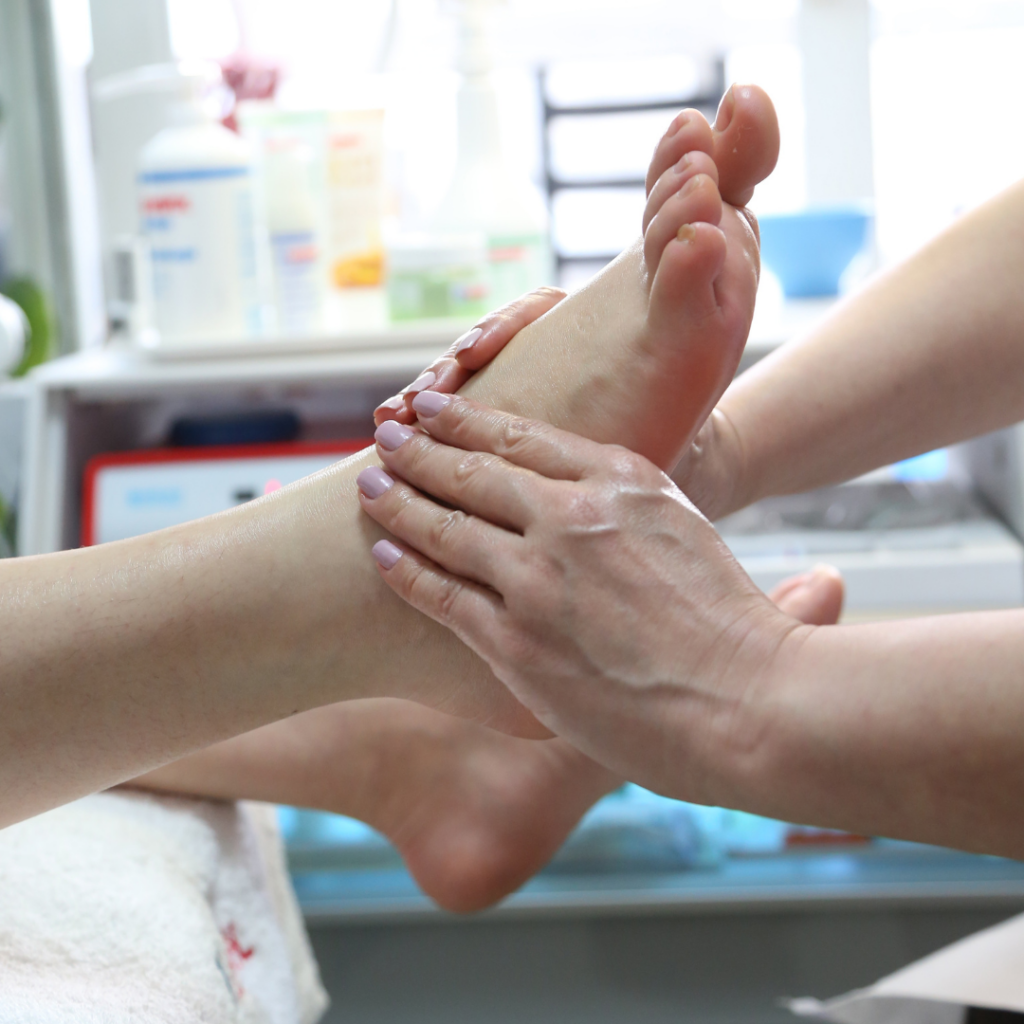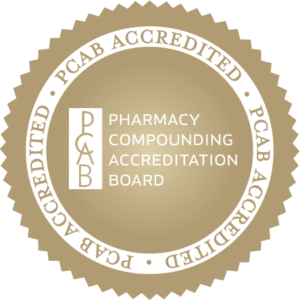Advanced Podiatry Medications: Foot & Ankle Health
Optimal foot and ankle health is essential for maintaining an active and fulfilling lifestyle.
Whether coping with chronic conditions such as plantar fasciitis or diabetes-related foot problems or seeking assistance for sports injuries and recovery, HDRx offers personalized compounded medications for diverse needs in podiatry.
Targeted Approach
We compound our medications to target your unique symptoms and conditions, from anti-inflammatory creams to antifungal medications.
Expert Collaboration
We work closely with podiatrists to ensure that the formulations we provide are suited to your specific needs, enhancing outcomes.
Advanced Delivery Methods
Whether you need topical pain medications, custom-made foot soaks, or direct injectables, HDRx offers a variety of application methods for a more targeted approach, while optimizing patient comfort.
Consultation
Talk to us about taking control of your own health. Schedule a consult with a pharmacist.We will work with you and your physician to get the best results.
Take Control of Foot & Ankle Health
Podiatrists turn to our experts for their patients' pain and healing challenges
- Wound Care Compounds: Advanced formulations that promote healing and prevent infection significant for patients with diabetic foot ulcers.
- Anti-inflammatory Medications: Specifically compounded to reduce swelling and alleviate pain.
- Antifungal Therapies: Targeted medications for fungal infections that can be especially problematic for feet, such as athlete’s foot.
- Pain Medications: Reduce pain through non-opioid approaches with Low Dose Naltrexone (LDN).
- More

Common Foot and Ankle Conditions
- Plantar fasciitis
- Achilles tendinitis
- Heel spurs
- Bunions
- Hammertoes
- Neuromas
- Ingrown toenails
- Diabetic foot ulcers
- Fungal infections (e.g., athlete’s foot)
- Warts (plantar warts)
- Ankle sprains
- Gout
Dosage Forms Commonly Used
- Creams and Gels
- Ointments
- Sprays
- Powders
- Foams
- Solutions and Liquids
- Transdermal Patches
Compounded Medications Commonly Used in Podiatry
Compounded medications play a crucial role in podiatry by offering personalized drug combinations for various foot and ankle issues. Here are some common types of compounded medications used in podiatry:
Anti-inflammatory Creams or Gels: These are used to reduce inflammation and pain associated with conditions like plantar fasciitis, bursitis, or tendinitis. Ingredients might include NSAIDs like ibuprofen or diclofenac.
Antifungal Preparations: Tailored for fungal infections such as athlete’s foot and onychomycosis. Compounds may include antifungal agents like clotrimazole, ketoconazole, or terbinafine, often in enhanced penetration bases to reach deeper layers of the nail or skin.
Wound Care Formulations: Customized to promote healing and prevent infection in diabetic foot ulcers or other non-healing wounds. These might include growth factors, peptides, or other agents that encourage tissue regeneration.
Pain Relief Compounds: Designed to target neuropathic pain or post-surgical discomfort. These can include combinations of local anesthetics (like lidocaine), muscle relaxants, and nerve pain medications such as gabapentin or amitriptyline.
Keratolytics: Used for warts, corns, and calluses. These compounds often contain higher concentrations of salicylic acid or urea to help break down tough skin.
Anesthetic Creams: Often used to numb the area before performing procedures like wart removal or handling ingrown toenails. Examples include lidocaine or benzocaine formulations.
Moisturizers and Emollients: Specially formulated for extremely dry or cracked skin, often seen in diabetic patients or those with poor circulation. Ingredients might include urea, lactic acid, or other hydrating components that help maintain skin integrity.
Vasodilators: Such as nitroglycerin or nifedipine creams, used to improve blood flow to areas with poor circulation, potentially helping conditions like Raynaud’s phenomenon or healing in areas with compromised blood supply.
These medications are compounded to meet the specific needs of individual patients, as prescribed by their medical practitioners.
Consultations
Any prescription recommendations that result from the consultation must be authorized by a prescriber and will be sent to the prescriber of your choice.









